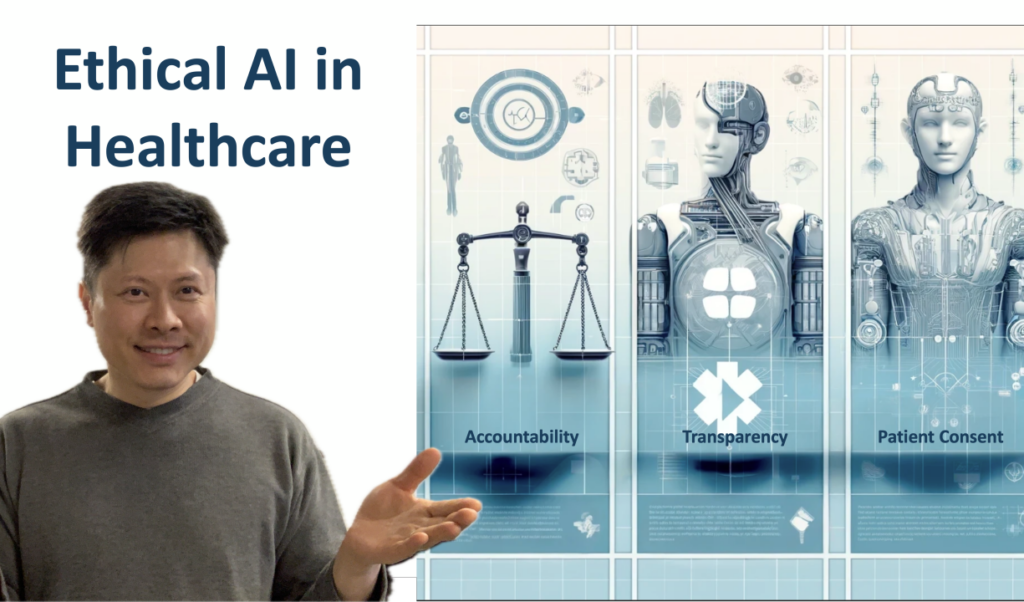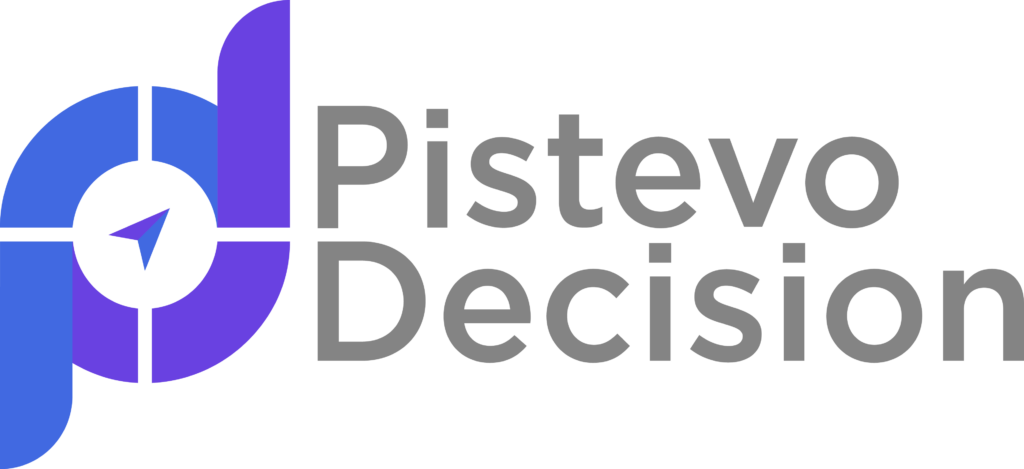Ethical AI in Healthcare: Creating Robust Guidelines

In an era where artificial intelligence (AI) seamlessly integrates into our daily lives, its expansion into healthcare is inevitable and revolutionary. As we stand on the brink of this technological frontier, the excitement is palpable—but so are the ethical quandaries. Integrating AI into healthcare demands more than technical excellence; it calls for a deep, unwavering commitment to moral integrity.
The Dawn of AI in Healthcare
Imagine a world where your health diagnostics are delivered with precision and speed that outpaces traditional methods, all thanks to AI. From predictive analytics that forecast potential health issues before they become severe to algorithms that personalize treatment plans, the potential benefits are staggering. However, with great power comes great responsibility. The application of AI in healthcare raises critical ethical concerns that must be addressed to maintain trust and efficacy.
Building Ethical Frameworks: More Than Just Guidelines
The cornerstone of ethical AI in healthcare lies in creating robust frameworks that govern its use. These frameworks aren’t just about establishing rules but forging paths that respect human dignity and foster trust. Let’s explore the key pillars:
Transparency: The Backbone of Trust
Transparency in AI involves clear communication about how AI systems work, what data they use, and how they make decisions. Patients and practitioners should understand and verify AI processes in a healthcare setting. This transparency isn’t just a technical necessity but a moral imperative to ensure that AI decisions can be trusted and scrutinized.
Patient Consent: The Heart of Ethical Interaction
Consent is a fundamental principle in healthcare and must extend to AI interventions. Patients must have the right to informed consent, which means they should be fully aware of how their data is used, the benefits, and the risks. Tailoring AI systems to ask for consent and ensure that this consent is informed and voluntary is crucial.
Accountability: Ensuring Responsibility
Accountability in AI demands that mechanisms are in place to hold systems and their creators responsible for the outcomes. If an AI system leads to a diagnostic error in healthcare, there is a clear pathway for recourse and correction. Establishing accountability involves rigorous testing, ongoing monitoring, and the ability to intervene when things go wrong.
So What?
You might wonder, “Why does this matter to me?” The implications of AI in healthcare touch all of us, whether we are patients today or tomorrow. Ethical AI frameworks ensure that as we step into this new age of medicine, we carry forward the values that have always underpinned healthcare: doing no harm, ensuring fairness, and protecting the vulnerable.
By championing ethical AI, we safeguard our health data and uphold the sanctity of our healthcare experiences. Each step taken towards ethical AI is a healthcare system that respects our values and needs. As we navigate this promising yet challenging landscape, stay tuned for more insights into how technology reshapes healthcare and our lives.
In the next blog post, expect deeper dives into real-world applications of AI in healthcare, illustrating not just the potential but the real-life benefits and challenges faced by patients and professionals alike. Join me as we explore these groundbreaking advancements together, ensuring that our journey into the future of healthcare is as informed as it is hopeful.




